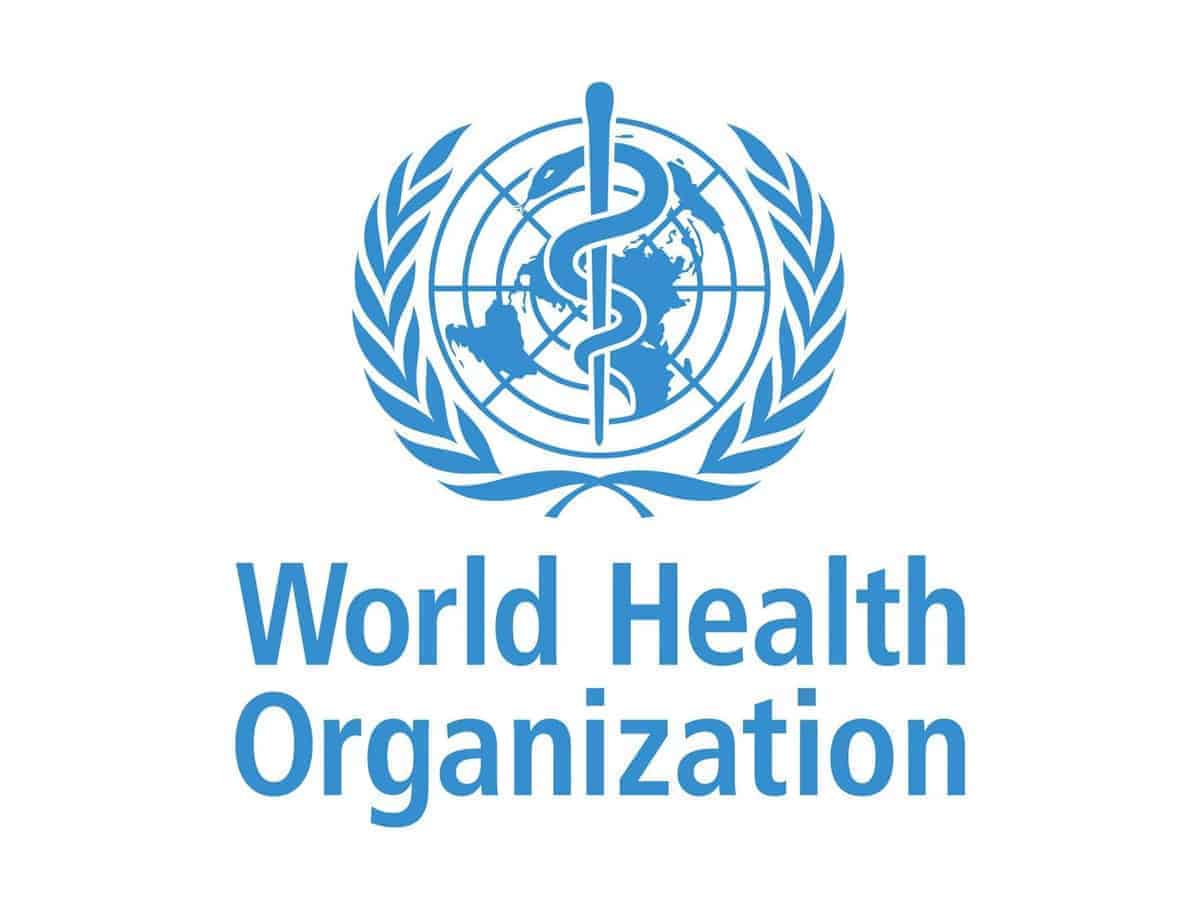
New Delhi: Quitting smoking can lower the risk of developing type-2 diabetes by 30-40 per cent, according to a new brief jointly developed by the WHO, the International Diabetes Federation and the University of Newcastle.
Evidence suggests that smoking influences the body’s ability to regulate blood sugar levels, which can cause type-2 diabetes, the WHO said in a statement.
Type-2 diabetes is one of the most prevalent chronic diseases worldwide, accounting for over 95 per cent of all diabetes cases, the UN agency said.
However, it is often preventable, and factors that contribute to developing type-2 diabetes include being overweight, not getting enough exercise, and genetics, according to the WHO.
The IDF estimates that 537 million people have diabetes, a number that continues to rise making diabetes the ninth highest cause of death globally, the statement said. The IDF is a non-profit umbrella organisation of more than 240 national diabetes associations in 161 countries and territories.
Smoking also increases the risk of diabetes-related complications such as cardiovascular disease, kidney failure and blindness, in addition to delaying healing of wound and enhancing the risk of lower limb amputations, WHO’s statement said.
“The International Diabetes Federation strongly encourages people to stop smoking to reduce their risk of diabetes and, if they have diabetes, help avoid complications.
“We call on governments to introduce policy measures that will discourage people from smoking and remove tobacco smoke from all public spaces,” said Akhtar Hussain, president of the IDF.
Quitting smoking also reduces the risk of diabetes complications, the UN agency said in its statement.
“Health professionals play a vital role in motivating and guiding individuals with type-2 diabetes in their journey to quit tobacco.
“Simultaneously, governments must take the crucial step of ensuring all indoor public places, workplaces and public transport are completely smoke-free.
“These interventions are essential safeguards against the onset and progression of this and many other chronic diseases,” said Ruediger Krech, WHO’s Director of Health Promotion.
November 14 is observed as the World Diabetes Day.



